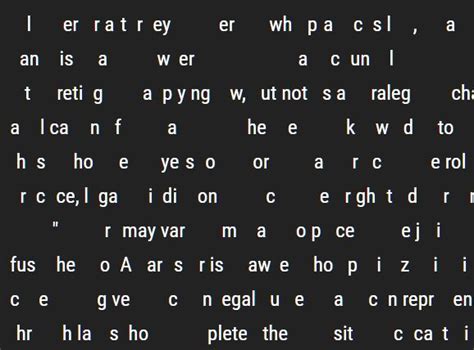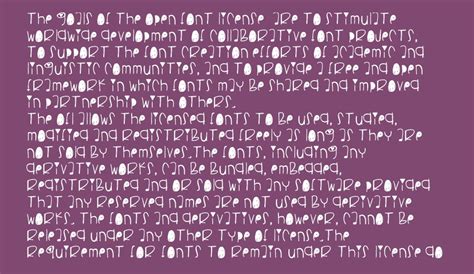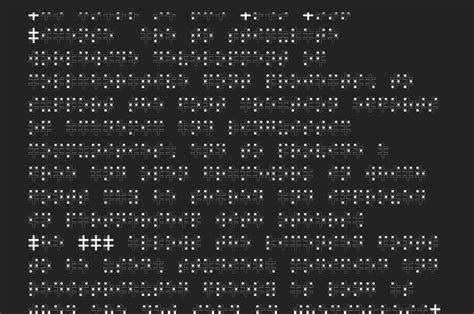Navigating legal challenges can be daunting, especially when financial constraints limit access to professional help. Fortunately, various resources are available to offer support and guidance. This article explores key avenues for obtaining free and low-cost legal assistance, including legal aid societies, pro bono programs, law school clinics, nonprofit organizations, government-funded services, and online platforms. Additionally, we’ll cover the role of local bar associations and community support groups in providing valuable legal resources. Whether you’re seeking legal advice or support, understanding these options can help you find the assistance you need to address your legal concerns effectively.
Let’s explore this topic in detail with bzcat.xyz
1. Legal Aid Societies: Overview of services, eligibility criteria, and how to find them.
Legal aid societies offer essential assistance to individuals facing legal challenges but lacking the financial means for private legal counsel. These organizations provide a comprehensive suite of services, encompassing legal advice, courtroom representation, and support navigating a broad spectrum of legal matters, including family law, housing disputes, and public benefits. Eligibility for legal aid services is generally determined by income, with most societies focusing on serving low-income individuals and families. To be eligible, applicants must typically demonstrate their financial status and provide a detailed account of their legal issue.
Finding a legal aid society is straightforward. You can begin by searching online for local organizations, or by visiting the website of the Legal Services Corporation (LSC), which offers a directory of legal aid programs nationwide. Furthermore, many local bar associations collaborate with legal aid societies and can provide referrals. It’s crucial to contact the chosen organization directly to verify eligibility requirements and schedule an appointment for assistance.

2. Pro Bono Programs: Description of pro bono services, how to apply, and success stories.
Pro bono programs provide free legal services to individuals who lack the financial means to hire legal representation. These services encompass a broad spectrum of legal matters, such as family law, civil rights, and immigration issues. Pro bono attorneys generously donate their time and expertise to assist those in need, guaranteeing that even the most vulnerable members of society have access to the justice system.
Individuals seeking pro bono legal assistance can connect with local legal aid organizations or bar associations that manage pro bono programs. Many of these organizations offer online applications or intake forms to simplify the application process.
Pro bono programs frequently showcase success stories that exemplify the profound impact legal representation has on the lives of clients. These stories often feature individuals who have secured custody rights, prevented wrongful evictions, or obtained essential public benefits thanks to pro bono assistance. Such narratives underscore the vital role pro bono work plays in ensuring access to justice and providing critical support to underserved communities.

3. Law School Clinics: Information on free legal clinics run by law schools, types of cases handled, and how to access their services.
Law school clinics, run by law schools, offer free legal services to the community. These programs provide students with valuable hands-on experience under the guidance of experienced faculty. Covering a range of legal issues, including family law, tenant disputes, immigration, and criminal defense, the clinics allow students to develop practical skills while assisting clients facing legal challenges. This makes them a valuable resource for both student learning and community support.
To utilize the services offered by a law school clinic, individuals generally need to submit an application through the law school’s clinic office or website. Application procedures can differ, but often require individuals to provide information about their legal concern and financial standing. Certain clinics function on a first-come, first-served basis, while others may necessitate an intake interview to determine eligibility.
Law school clinics serve a dual purpose: they offer essential legal aid and empower clients through legal education. By providing access to legal services for those who cannot afford them, these clinics make a meaningful contribution to the community.

4. Nonprofit Organizations: List of nonprofits offering legal assistance, specific focus areas, and contact details.
Nonprofit organizations play a vital role in providing legal assistance to underserved communities. Here are some key nonprofits that offer free or low-cost legal services:
Legal Services Corporation (LSC): LSC funds numerous local legal aid programs across the U.S., focusing on civil legal issues such as housing, family law, and public benefits. You can find local LSC-funded organizations through their website.
American Civil Liberties Union (ACLU): The ACLU provides legal support on issues related to civil rights and liberties, including discrimination, privacy, and free speech. More information can be found on their website.
Legal Aid Society: Operating in various regions, Legal Aid Society offers comprehensive legal services in areas such as family law, housing, and consumer rights. Visit their website to find local branches and contact details.
National Immigration Law Center (NILC): NILC focuses on immigration issues, providing legal support and advocacy for immigrant communities. Their website offers resources and contact information.
Earthjustice: This nonprofit provides legal assistance on environmental issues, working to protect natural resources and public health. For more details, visit their website.
These organizations offer valuable resources and can connect individuals with the legal help they need based on their specific focus areas.

5. Government Programs: Explanation of government-funded legal aid, including public defenders and community legal services.
Government-funded legal aid programs are vital resources for those unable to afford legal representation. A central part of these programs is the provision of public defenders, court-appointed attorneys who represent individuals accused of crimes who cannot afford private counsel. These dedicated professionals handle a wide spectrum of criminal cases, from minor offenses to serious felonies, guaranteeing that defendants receive fair trials and competent legal representation.
Besides public defenders, government funding supports numerous community legal services to address civil legal matters. These services frequently offer assistance with housing disputes, family law issues, and obtaining public benefits. Community legal services are run by local nonprofit organizations and legal aid societies, partially supported by government grants.
Individuals seeking government-funded legal services can connect with their local public defender’s office or community legal service provider. These services often have eligibility requirements based on income and the type of legal issue. Information on application procedures and contact details can generally be found on local government websites or by visiting nearby legal aid offices. These programs play a crucial role in ensuring access to justice for those experiencing financial hardship.

6. Online Legal Resources: Overview of websites and online platforms providing free legal information and assistance.
Online legal resources provide a convenient and accessible avenue for individuals seeking legal information and assistance. Websites such as LegalZoom and Rocket Lawyer offer free resources and affordable legal services for a range of issues, including business formation, wills, and contracts. Nolo, on the other hand, provides extensive free articles, legal guides, and self-help books covering a broad spectrum of legal topics.
FindLaw and Justia are valuable resources for those seeking more specific legal information. They offer free access to a wealth of legal materials, including case law, statutes, and comprehensive lawyer directories. Additionally, both platforms provide legal Q&A sections where users can connect with legal professionals for answers to their specific questions.
In addition to its other services, LawHelp.org assists users in locating local legal aid organizations. It also offers information on frequently encountered legal issues, including housing and family law matters. Similarly, numerous law schools and nonprofit organizations maintain online resources and tools designed to aid individuals with legal inquiries.
These platforms provide valuable information that can empower users to better understand their legal situations and make informed decisions before seeking specialized legal guidance.

7. Local Bar Associations: Description of referral services, free legal clinics, and other support provided by bar associations.
Local bar associations provide essential support through a variety of services aimed at assisting individuals with legal needs. One of the key services offered is referral programs, where bar associations connect individuals with qualified attorneys based on their specific legal issues. These referral services help ensure that individuals find legal representation suited to their needs.
Additionally, many bar associations host free legal clinics where members of the community can receive basic legal advice and consultations. These clinics often cover a range of topics, including family law, estate planning, and consumer rights.
Bar associations also support community outreach programs, legal education initiatives, and pro bono work, helping to address legal issues faced by low-income individuals. By contacting your local bar association, you can access these resources, find legal assistance, and benefit from the various programs designed to support the community.

8. Community Support Groups: Role of community groups in providing legal advice, peer support, and resources for low-income individuals.
Community support groups are crucial in providing legal guidance and resources, especially for low-income individuals. These groups frequently offer peer support, allowing members to share their experiences and provide guidance on navigating legal challenges. This informal support network can be immensely helpful for those seeking assistance but unable to afford traditional legal services.
Numerous community support groups partner with legal professionals to offer workshops, clinics, or free consultations on diverse legal topics, including tenant rights, family law, and public benefits. These sessions empower individuals by providing them with knowledge about their legal rights and access to available resources.
Furthermore, community support groups can link their members with local legal aid organizations and pro bono services, expanding their reach and influence. These groups create a supportive environment and facilitate access to legal resources, playing a vital role in empowering underserved populations to effectively tackle their legal challenges.

Accessing legal assistance can significantly impact individuals facing legal challenges, especially when resources are limited. By utilizing the various options outlined—such as legal aid societies, pro bono programs, law school clinics, nonprofit organizations, government programs, online resources, local bar associations, and community support groups—individuals can find the support they need. Exploring these resources ensures that everyone has the opportunity to address their legal issues effectively.
bzcat.xyz
